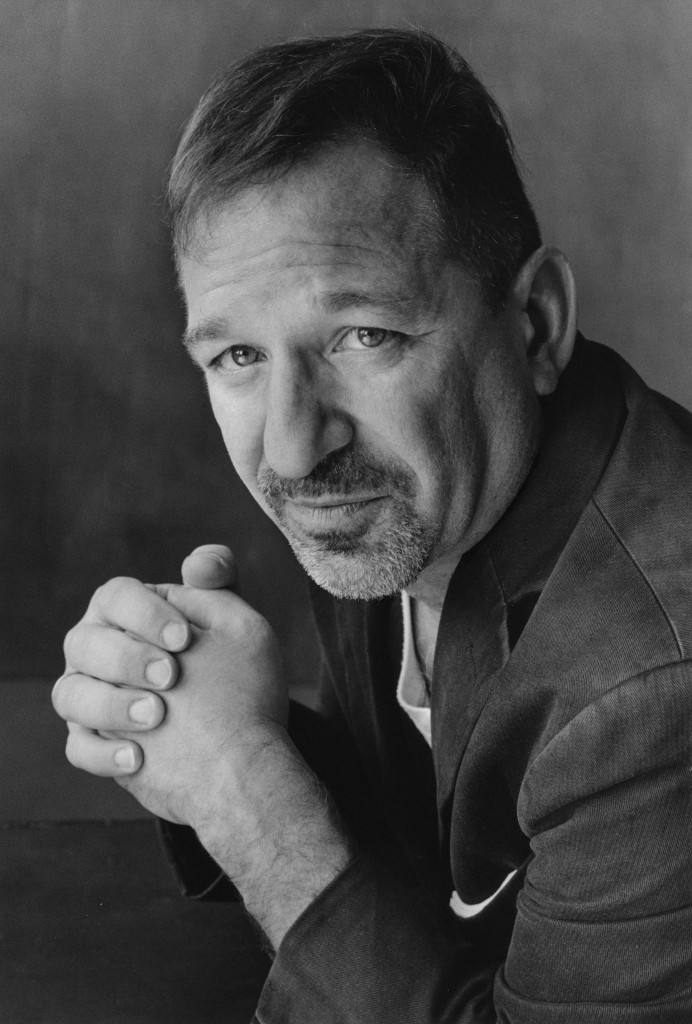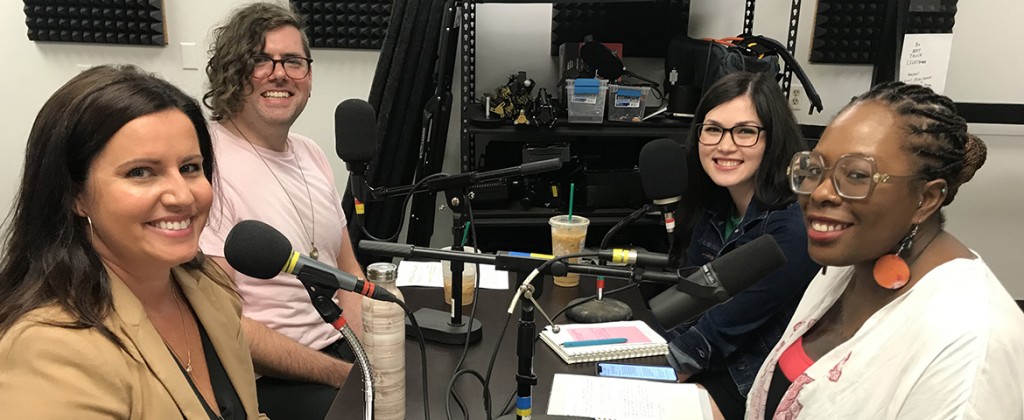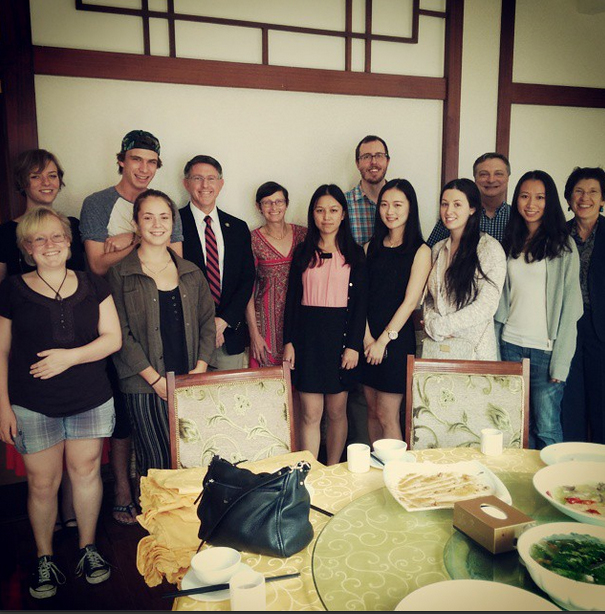Page 37 • (1,313 results in 0.023 seconds)
-
Click on the topics that you are interested in learning about! If you have any suggestions on topics to post here or any questions, please email us at iss@plu.edu! Housing Dining Insurance and Medical Money Matters Shopping Daily Transportation Communications Mail Services On Campus Resources Getting Involved Traveling in the Pacific Northwest U.S. Culture
-

of which helped prepare Gines for her new role beginning in 2019 as the Tacoma Creates program coordinator within the city’s Office of Arts and Culture Vitality.Tacoma Creates was the first voter-approved Cultural Access Program in Washington State. The initiative intends to increase access to Tacoma arts, culture, heritage, and science experiences by reducing barriers to access and expanding offerings, particularly for underserved youth. As the program coordinator, Gines helps update funding
-
help prevent homesickness, it is a good idea to bring personal items such as pictures of your family and friends, small gifts, traditional clothes, maps, posters, music, and items that represent you or your culture. These items will be helpful for you to introduce yourself and your country to people who you meet here. These items will also help you feel close to your home. There will be events on campus in which students are encouraged to share their cultures and traditions through demonstrations
-

with metaphors and figures of feeling and thought, mysteries and politics, birth and death, and all the occasions we experience between womb and tomb. Poetic utterance ritualizes how we come to knowledge. Poetic form ceremonializes those rituals. In the same way that poems illuminate our individual lives, poems also help us understand ourselves as a culture. Or at least they spur us to ask the questions. Poetic utterance mythologizes our journey of being. Poetic utterance tells and interprets our
-

”: asking for validation from others invalidates the entire process. “Busy culture,” or the basing of someone’s worth or productivity off of how busy they are. Hambrick asked for counter-narratives to this kind of culture, which she said indicates to her a lack of self-care. Lee talked about how in the teaching world, busy culture is reflected in how accessible a teacher is to students — who’s the first one in the door, who’s the last to leave, who keeps their door open at all times or skips lunch — and
-

Hong Kong and Chengdu who had done study away in Chengdu and they were very eloquent about how much their experience in Chengdu helped them decide on career paths and lifelong learning. After a little culture shock, our current students here now say they’re very happy and engaged and diving into the fascinating life of this capital of the famous Sichuan province: home to one if the great cuisines of the world and full of people noted all over China for being laid back and friendly–in a very PNW
-
station! Some of our favorites are Pozole, Bibimbap, Gyudon Beef Bowl, Chicken Masala, Pork Belly Bao and Tacos. Our chefs have researched and tested items from all over the world and love to share these amazing flavors with you! Tamari Poke • Deli This station is the same for both lunch and dinner. Poke Bowls are always popular — you may even choose tofu instead of ahi tuna. Custom deli sandwiches are available here too, choose your bread, condiments and toppings — even get it toasted if you want
-
cognitive, social, or financial benefits that come from learning to program? If so, how should communities teach these skills to their citizens? History professor Michael Halvorson invites the PLU community to a webinar related to his newest book, Code Nation. The project explores the fascinating history of learning to program in America, including early research on software development in government labs, popular movements that emphasized programming, and the early history of technology companies such
-
they arrived, and provide additional information or resources. Like the consent form, the debriefing should be written: at no higher than an 8th grade level (similar to a popular magazine or newspaper) and with no discipline-specific jargon, in the second person (“you are invited to participate, you will be asked to complete a survey, give a blood sample…”), and as if the investigator and the participant are engaged in conversation. Please feel free to use this debriefing template or design one of
-
Academic Assistance Center for Student Success Writing Center IT Help Desk Instructional Technologies Continuing Education About the Library Library Instruction Program Library Directory Policies Collection Development Policy Library Exhibits Library News Popular Fiction Collection Contact Information Mortvedt Library Phone: (253) 535-7500 Email: library@plu.edu 12180 Park Avenue S. Tacoma, WA 98447 Social Media Contact Information Mortvedt Library Phone: (253) 535-7500 Email: library@plu.edu 12180
Do you have any feedback for us? If so, feel free to use our Feedback Form.


